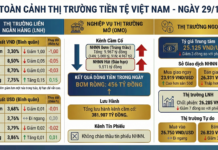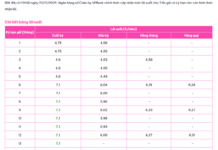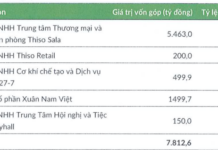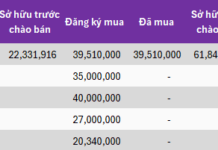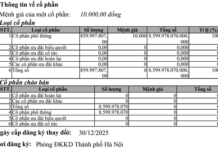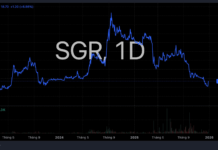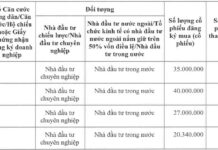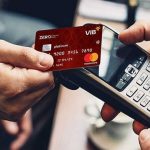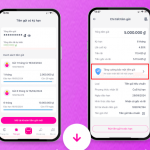
Illustrative image
On December 18, 2023, the State Bank of Vietnam (SBV) issued Decision 2345/QD-NHNN to enhance security measures for online and card payments. This decision aims to protect customers and reduce fraud by requiring stronger authentication for transactions over 10 million VND or cumulative daily payments exceeding 20 million VND. It also encourages banks to verify account holders’ identities against national databases, reducing illegal account rentals, purchases, and sales.
The SBV emphasizes the importance of customer awareness and adherence to online banking safety guidelines. Customers are advised to follow password best practices, avoid sharing login credentials or one-time passwords (OTPs), and notify their bank immediately if they suspect any unauthorized access. It is also recommended to avoid public computers and wireless networks for online banking and to type website addresses directly into the browser instead of clicking links.
By implementing these security measures and guidelines, the SBV strives to ensure a safer and more secure online banking environment for its customers.
Here are ten recommendations from the SBV to ensure the safety of your online banking:
- Adhere to your bank’s guidelines for online transactions and enable balance change notifications.
- Use strong, unique passwords for online banking and change them regularly. Avoid password auto-fill features.
- Never disclose your login name, password, or OTP to anyone, including bank staff.
- Immediately report any suspected or confirmed security breaches to your bank. In case of lost or stolen cards, block them through your bank’s mobile app or by contacting the bank as soon as possible.
- Avoid using public computers or wireless networks for online banking.
- Type your bank’s website address directly into your browser instead of clicking links.
- Only install mobile banking apps from official app stores and verify the developer’s information. Regularly update your device’s operating system to benefit from the latest security patches.
- Shop and make online payments only on trusted and licensed websites with clear contact information.
- Safeguard your personal and account information.
- Stay informed about online payment security alerts from your bank and through reputable media sources.
How to handle credit card information leaks?
In today’s rapidly advancing digital age, the security issue of credit card information has become a serious concern, posing a threat to the financial safety of users.







